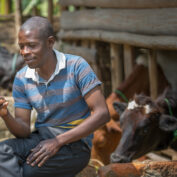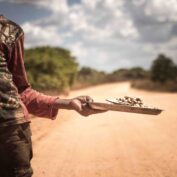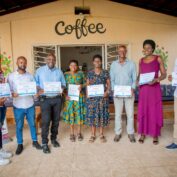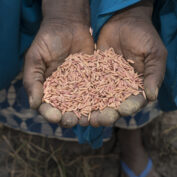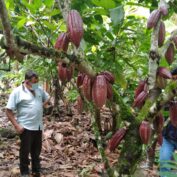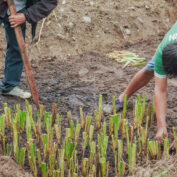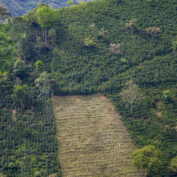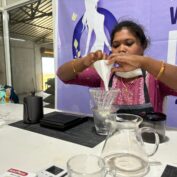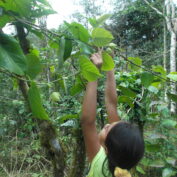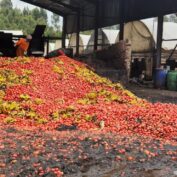How Technology is Fighting Global Poverty: 5 Key Innovations
Poverty is one of the most persistent challenges facing the world today. Despite numerous efforts by governments, non-profits, and international organizations, billions of people still live in poverty. Learn about five technological innovations that are helping people change their lives.



